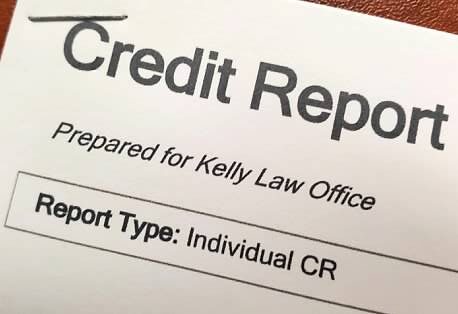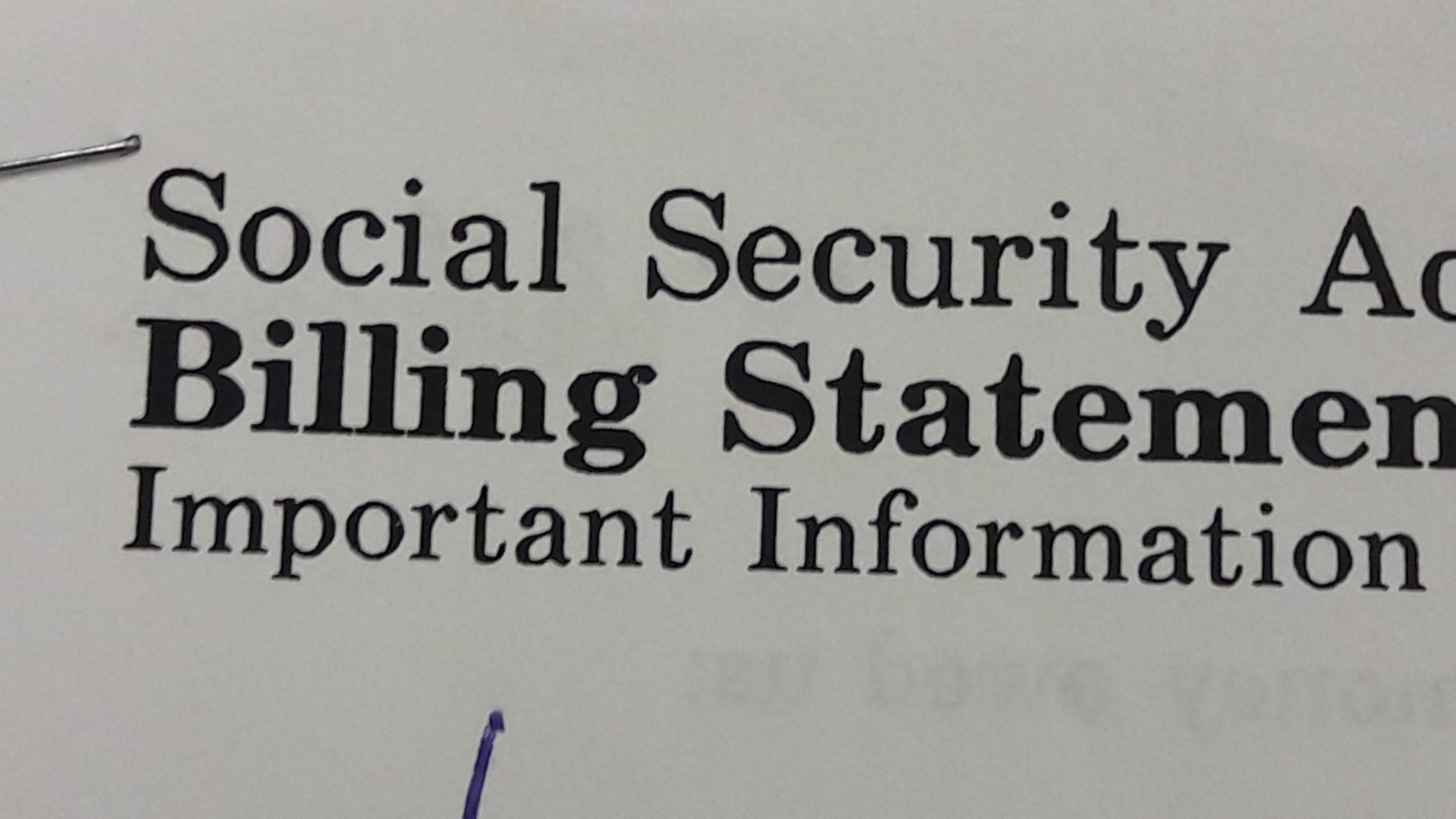By David J. Kelly, Minnesota Bankruptcy Attorney
This is the second in a series of seven blog posts about my top seven things that you should do if you are preparing to file a bankruptcy. This also applies even if you are just considering filing a bankruptcy – either Chapter 7 or Chapter 13. What I want to talk about it getting your credit reports. I wouldn’t dare want to file somebody’s bankruptcy without reviewing at least one credit report. There are three major reporting agencies which each produce their own reports – Experian, Equifax and Trans Union. Usually all three reports are about the same, but not always.
Easiest way: Authorize Your Lawyer Get Your Credit Reports
While you can get your reports on your own, your best choice is to have your lawyer get them for you. For $37 per person I can get a report that pulls information from all three credit reporting bureaus. We will have to provide your email address and social security number. After that we will have to answer three questions to which only you would have the answers. Then I can download your comprehensive credit report info directly into my bankruptcy software. And I will print a copy of the report for you. As a bonus it provides your credit score along with a prediction of what filing bankruptcy will do to your credit score. Somewhat surprisingly, the prediction is usually for an improvement in the score.
The Hard Way: Get the Reports Yourself
If you want to get the reports on your own, the best place to go and the only place I recommend is https://annualcreditreport.com. There is a federal law that requires the three major reporting agencies to make a report available to each individual once a year. This site was created by the agencies to satisfy this requirement. Unlike the other resources I am aware of, this web site is really free. All the other sites will want you to subscribe or sign up for something. The one exception at annualcreditreport.com is if you ask for your credit score. Don’t do that. It looks like they want to get something in exchange for that, and I don’t need the credit score. I just want to know who the creditors are.
It helps me if you can download each report as a pdf document and then print it on paper as well. If you don’t have a printer, send me the pdf and I’ll print it. There is often a problem in printing these reports where the printer cuts off the top, bottom or side of the pages. If that happens the report is often missing so much that it is not useable. Problems like this can be avoided of course if you just have me get the reports instead.
The Bankruptcy Must List All Your Debts
I can’t emphasize enough how important it is that we list all your debts. Failure to list a debt could result in that debt not being discharged. Unlisted debts aren’t discharged in Chapter 7 cases where there are assets for the creditors. Unlisted debts are also not discharged in Chapter 13 cases. In those situations the creditor could have filed a claim and gotten their share of the payments or assets. But they can’t file a claim if they are never notified. So the discharge doesn’t apply to them.
Creditors can be added for a while after the case is filed, but it is obviously much better to get them all listed to begin with.
Sometimes certain debts don’t show on your credit reports. An example of this is medical bills. The medical people have a confidentiality requirement and don’t want to just tell the world that you owe them money. Typically medical bills don’t show up on credit reports unless they have been sent to a collection agency. In order to report to a credit bureau, the creditor has to have a membership in that bureau. Many small businesses do not have or can’t afford to have that, and debts owing to those businesses won’t be on the reports either. Please keep in mind that even if the debt doesn’t show on the reports, it is still your responsibility to make sure all your debts are listed in the case. You have to give this info to your lawyer. Your lawyer isn’t a psychic.
Disclaimer
This post is for general information purposes and is not legal advice. It does not create an attorney-client relationship. Small details in your case can make a big difference. Consult the attorney of your choice concerning the details of your case. I practice in Minnesota. Laws and practices may be a lot different in your state.
Call Dave – It’s Free
Call Dave for a free telephone consultation. 962-544-6356.











